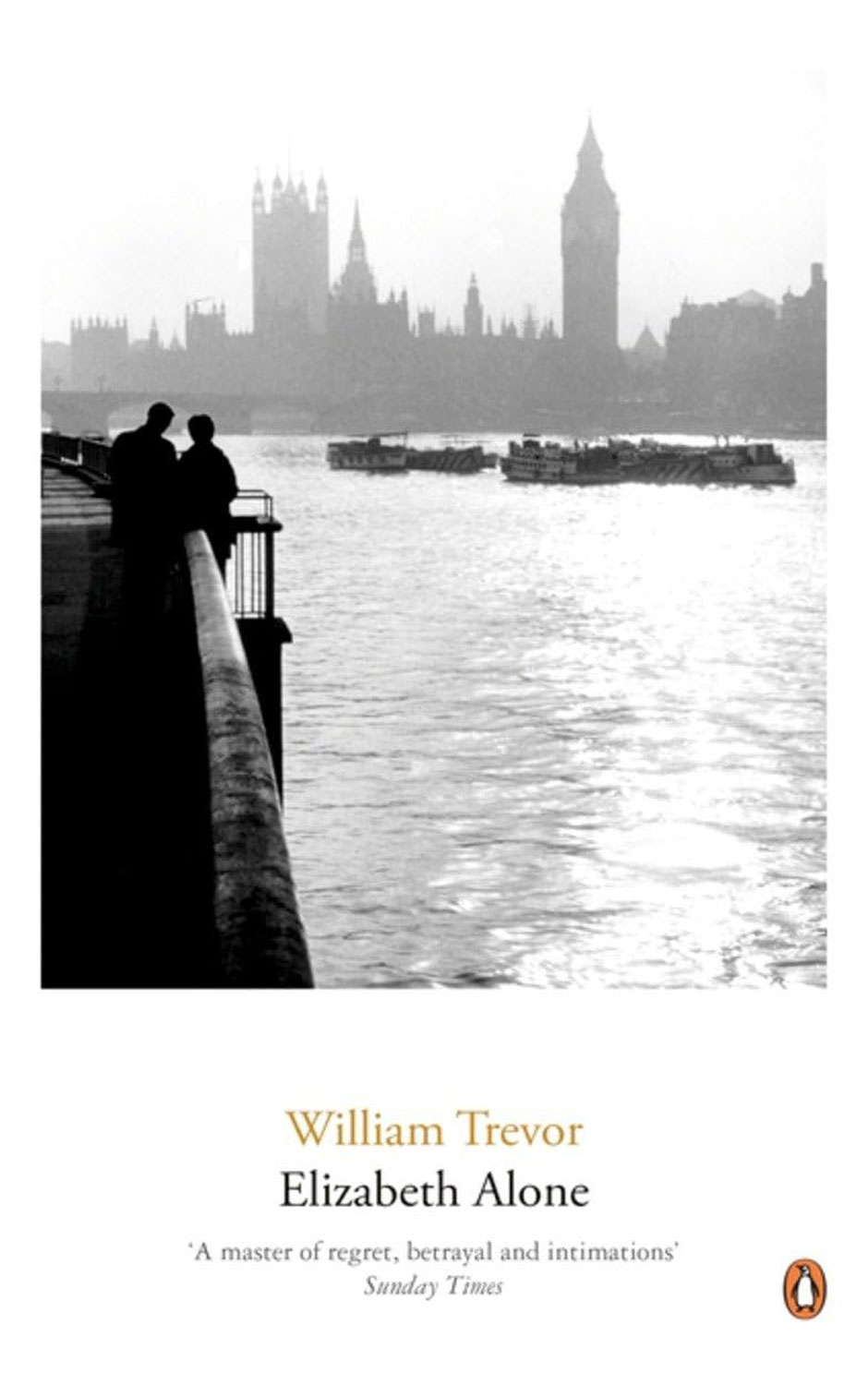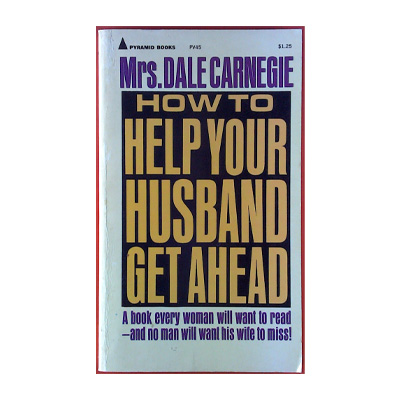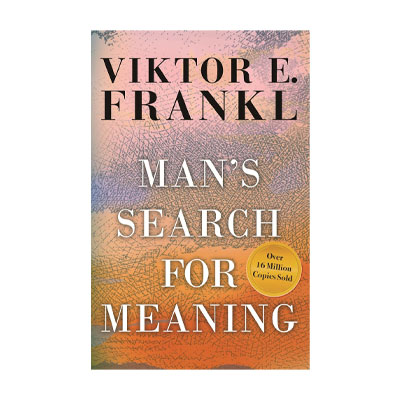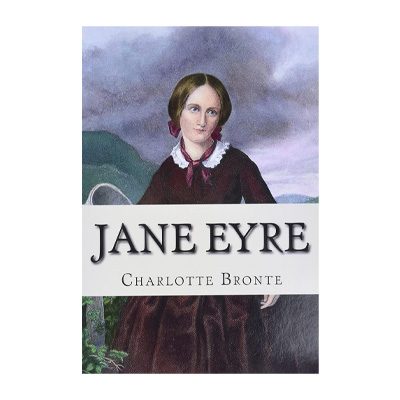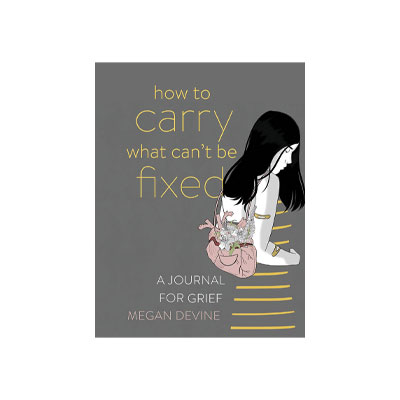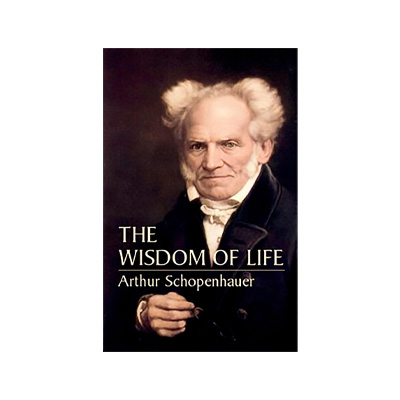Book Summary
"Elizabeth alone" is a captivating masterpiece by William Trevor that explores the lives of several middle-aged women, presenting the various adventures of each to the reader. The central characters of the story, who are currently hospitalized, share their pasts with each other in their own unique ways, discussing their dreams, hopes, and fears. Elizabeth Idelbery, the main character, is a 41-year-old woman struggling with her past. Now a mother of three and having experienced a divorce, she grapples with emotions such as depression.
While awaiting surgery, she meets two other women from different social backgrounds. One is the young Sylvie Clapper, who has fallen in love with her cheating boyfriend, and the other is Mrs. Samson, who faces financial difficulties and has a disfigured appearance due to a birthmark. Before coming to the hospital, she was managing a Christian boarding house. Additionally, there is a fourth woman named Lily Draker, who works as the head nurse in the ward where the three patients are staying. Lily faces unbearable problems while being very serious about her desire to have children.
Trevor employs diverse characters with unique stories to reveal the traits of people living in London during the 1970s, articulating truths about their lives with meticulous detail. If you accompany him until the end of the book, you will realize that he has done this skillfully and effectively, using each character to convey his message in the best possible way.
About the Author
William Trevor was an Irish writer born on May 24, 1928, in Ireland. He is recognized as one of the finest novelists and playwrights in Irish literature. During his career, he received the David Cohen Prize for Literature and the Costa Book Award, and he was nominated for the Booker Prize five times. Other notable works by this late author include "After Rain", "Felicia's journey", "Two lives" and "Last Stories". He passed away on November 21, 2016, in Dublin, the capital of the Republic of Ireland.
Who Should Read the Book?
Elizabeth's alone is recommended for those interested in global fiction literature.
Book Quotes
On the morning of February 11, 1973, in London, other women were also preparing to go to the hospital. One of them was Sylvie Clapper and the other was Miss Samson. In the Shepherd's Bush neighborhood, Sylvie Clapper packed two nightgowns and toiletries into a Victor Value shopping bag, and then added a few packs of Embassy Kings cigarettes. At number nine Blagrove Street, Miss Samson added a Bible and a prayer book to the items she was taking to the hospital.
Declan, Sylvie Clapper's boyfriend, reassured her, saying, "I'll miss you" and on Blagrove Street, Miss Samson's friends promised to pray for her without fail. Father Ross added, so that Miss Samson wouldn't misunderstand their prayers, "We pray that, God willing, you won't feel pain," but Miss Samson just smiled. She said she was in God's hands. The operation was not a big deal; it was like a bubble on water, and she added that she had always felt happiness and seen light of hope in everything she looked at. One of the Tansell brothers picked up Miss Samson's suitcase.
Carol Pidgley and Mrs. Delo were supposed to take her in a car rented from Tim's garage. Father Ross, who had been living at number nine since his retirement thirteen years ago, shook her hand. Miss Samson was a petite Welsh girl and had brought Arthur from one of the homes for the disabled for manual work. They said she needed to get better soon; the Welsh girl tried to hide her sobs, and Miss Samson took her arm and reiterated that surgery was not a big deal.
In Shepherd's Bush, Declan said, "I can't cope without you" shaking his head to emphasize his words and hoping Sylvie would say it wasn't necessary for her to accompany him to the hospital. Sylvie laughed, saying she wasn't going to fall apart.
Lily, wearing glasses and holding a book in bed, cried a little and thought maybe she should leave the hospital. How could she endure another six or seven weeks or perhaps eight? The Atkins ward would fill and empty a couple more times. Mrs. Tring was heading home while others came in and after a few days felt like they had been there for a lifetime. When they saw her in the hallway, they would say, "Wow, how do you manage?" After crying, she felt lighter; she wiped her tears with a tissue and cleaned her glasses. That night, there was no Indian nurse on shift; another woman whom she knew as Doris brought her fish and boiled apples at six o'clock. After dinner, she went back to the bathroom, washed her face again, brushed her hair, and refreshed her lipstick; Kenneth was supposed to come at seven.
However, when the time came, Elizabeth didn't want to share her bed with him. Elizabeth was taken aback by this and felt a heaviness in her heart, assuming that she belonged to that type of woman who didn't want to share a bed with any man. Some women were like that; she had read about them in newspapers: such women disliked what was referred to as the physical aspect of marriage in divorce courts. She hadn't brought this up with him during their honeymoon among the ancient ruins of Crete because she thought it was very unfair. She was upset about it and somewhat ashamed; in fact, she hadn't spoken about it for nineteen years.
Elizabeth had tearfully stated that she wanted a divorce and had yelled at him: "You are dead inside." At that time, he was a tall and upright fifty-one-year-old man with an eagle-like face but no longer took Elizabeth out for tea. When she told him she wanted a divorce, he stood still and then turned his back on her, gazing out the window into the yard. Elizabeth had said, "I just want a divorce," but at that moment, she knew it was much more than just that.
On the morning she was supposed to be admitted to the hospital, her image packing her suitcase appeared in the mahogany-framed mirror. A slender woman in a gray flannel dress stood outside her house under the weak February sun; her daughters were waiting for her: eleven-year-old Jennifer, eight-year-old Alice, and seventeen-year-old Joanna. The man who had once been her husband was asleep in Aberdeen, where he currently lived. The man she had briefly loved, whose presence had disrupted her marriage, was reading the Sunday Times magazine in his home less than two kilometers away from there.
